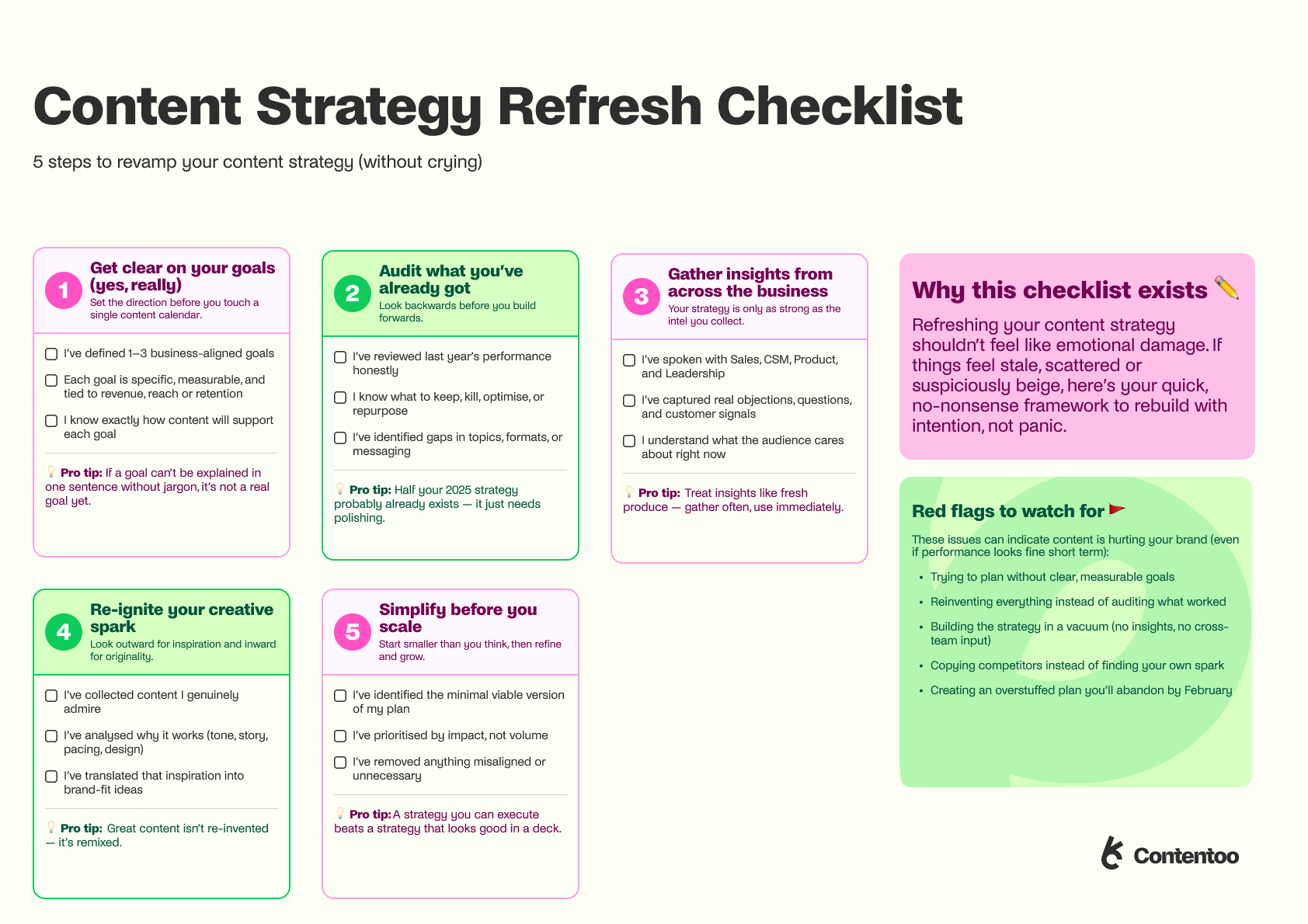How AI content creation is shaping the future of creative writing

Introduction
Did you know that the global artificial intelligence (AI) market is expected to reach $1.81 trillion by 2030?
AI has taken the world by storm, making significant strides in various sectors, including creative writing. Today, AI content creation software is transforming the traditional methods of creative writing, offering both advantages and challenges.
AI content creation software uses algorithms to generate content at a rapid speed. But what does the future hold for AI content creation, and is it worth using for your marketing strategy? Keep reading to learn more.
Understanding the role and the rise of AI in creative writing
Today, AI offers a new approach to content creation, automating the process and providing a different perspective on how to write creative content. However, integrating AI into creative writing also presents challenges, including maintaining originality and human touch in the content.
Despite these challenges, the advantages of using AI for creative writing are significant, including increased efficiency and the ability to generate content at scale. In fact, 54% believe that AI can improve written content, suggesting that AI-driven software such as ChatGPT has the potential to enhance text quality, creativity, and efficiency.
However, currently, people are split on whether AI-generated written work can be as good as content created by a human. In another study, 47% disagreed that AI writing can be better than content created by a person.
The pros and cons of AI content creation
AI’s impact on creative writing is both transformative and controversial. From drafting articles to generating story ideas, AI offers a range of possibilities that could redefine how we approach content creation. Let’s delve into some of the pros and cons of AI content creation for creative writing.
Pros:
- Speed and efficiency: One of the most significant advantages of using AI for content creation is the speed at which it can generate text. Writers often face deadlines and may need to spend substantial amounts of time writing. However, AI can provide content almost instantly.
- Data analysis: AI algorithms can scan and analyse vast amounts of data to offer suggestions or write content based on existing trends or consumer behaviour. This can be invaluable for writers focusing on topics that require extensive research.
- Cost-effectiveness: Once set up, AI can produce large volumes of content at a fraction of the cost it would take to hire human writers for the same output. This is beneficial for businesses and publications of all sizes.
- Accessibility: AI writing tools are generally accessible to anyone with an internet connection, allowing more people to experiment with AI-produced writing.
- Editing assistance: AI-powered grammar checkers and style editors can help writers refine their work, pointing out errors or suggestions for improvement that might have been missed otherwise.
Cons:
- Lack of creativity: While AI is good at analysing data and following rules, it can struggle with creativity and tone of voice. This is a critical limitation in creative writing, where emotional depth and unique perspectives are essential.
- Ethical concerns: The ease with which AI can generate content raises concerns about plagiarism and the originality of work. There’s also the issue of job displacement for human writers.
- Quality control: AI-generated content often requires human intervention and editing for quality assurance. The software may produce grammatically correct sentences, but they might not always make logical or contextual sense.
- Over-reliance: As AI tools become more integrated, there’s a risk that writers may become overly reliant on them, potentially affecting the development of their skills and restricting their creativity.
- Emotional resonance: Storytelling often taps into shared human experiences, something AI, lacking in lived experience, may struggle to replicate.
The impact of AI content optimisation tools on creative writing
AI content optimisation tools aid in editing and revising written content, ensuring it’s high quality and meets SEO requirements.
While AI-driven SEO tools can impact creative freedom and originality in writing, they also enhance visibility, making the content more accessible to the target audience.
Lots of AI software also offers content personalisation, enhancing audience engagement. This type of software provides customised narratives, impacting reader engagement.
However, the very algorithms that make it easier to engage a broader audience may also inadvertently steer writers towards a blander style of writing. Creative writing often thrives on idiosyncrasies, unique voices, and personal anecdotes, which could be compromised when optimisation for mass appeal becomes a priority.
How AI is revolutionising the work of freelance content creators
AI is also transforming the workflow of freelance content creators. Many AI software offers several benefits to freelance writers, including increased productivity and creativity, helping writers finish projects quicker than ever. AI software like ChatGPT can help provide blog ideas, edit content, and even write first drafts.
However, as we’ve discussed, using AI for content creation in freelancing also presents challenges, such as maintaining originality and providing fresh perspectives. Despite these challenges, many freelance writers have adopted AI tools to improve their work successfully.
The transformative effect of AI on content marketing
AI has redefined content marketing for many, many companies. It plays a significant role in audience targeting, enhancing the efficiency and productivity of content marketing campaigns. AI can also help transform data analysis and insights, improving content marketing performance.
Many case studies demonstrate the successful use of AI in contemporary content marketing. For example, beauty giant Sephora became an early adopter of AI for content marketing. They developed augmented reality software that allows people to virtually try on makeup before buying, as well as beauty advisor chatbots and colour matching. Furthermore, Sephora uses more traditional AI-based tools, such as analytics, to boost sales.
The promise of AI for more effective content creation
AI proves that it can improve the efficiency of content creation despite its challenges surrounding creativity and originality. It has the potential to produce high-quality and engaging content consistently at scale, reducing human error and bias in creative writing. Using AI software can also save time and resources for writers, enabling them to focus on more strategic aspects of their work, such as implementing their own creativity and experience on the topic.
Whether we like it or not, AI content creation software is shaping the future of creative writing.
It offers exciting opportunities but also presents significant challenges in creative writing. A thoughtful blend of human expertise, with AI content creation tools used carefully and responsibly, seems to offer the most promising path forward.







.webp)




